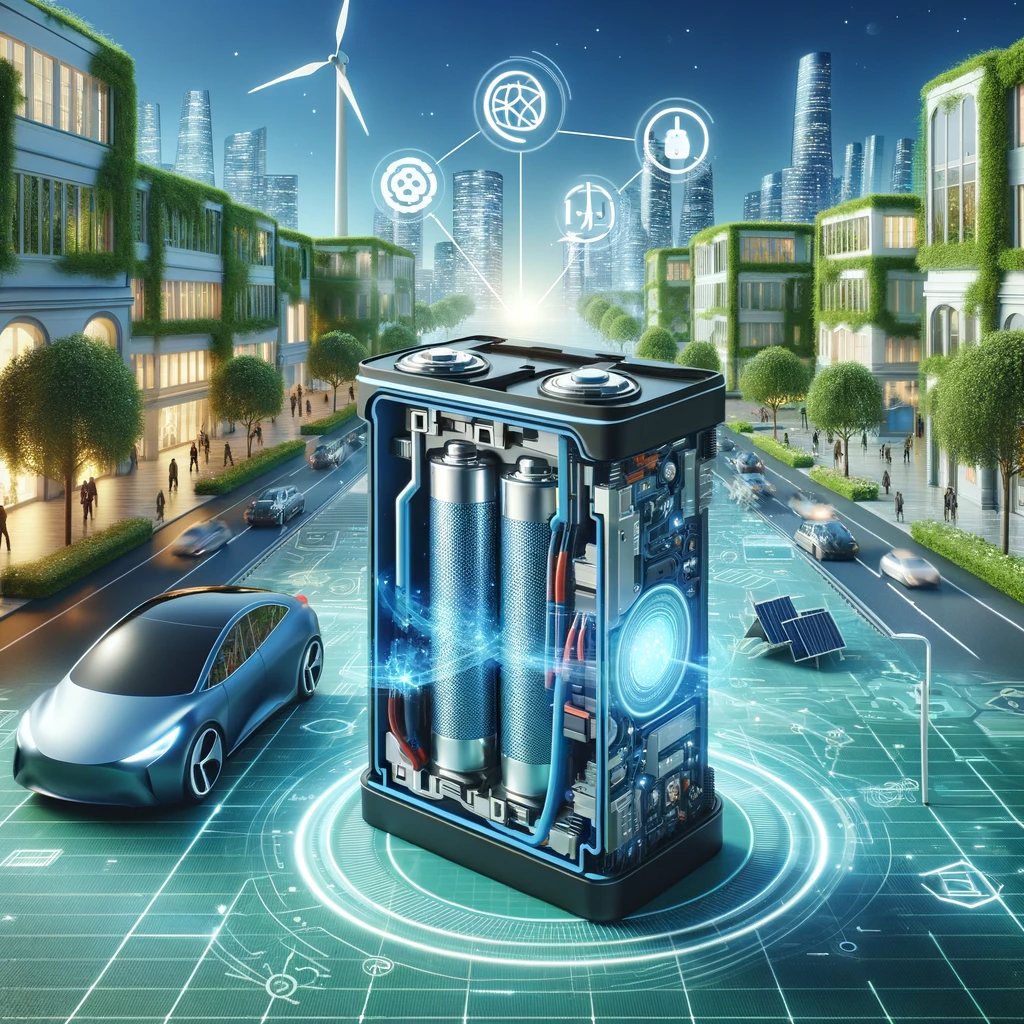Electric Vehicle Battery Technology for Sustainable Communities
In recent years, electric vehicles (EVs) have gained tremendous popularity as the world seeks more sustainable transportation alternatives to combat climate change and reduce our dependence on fossil fuels. Central to the success of electric vehicles are their batteries, which are undergoing rapid advancements in technology. In this article, we’ll explore the fascinating world of electric vehicle battery technology, its role in creating sustainable communities, and the innovative solutions driving us towards a cleaner future.

The Rise of Electric Vehicles
The electric vehicle market has been growing steadily, challenging the dominance of internal combustion engine vehicles. This shift is driven by an increasing awareness of environmental issues, a desire for cleaner air, and the long-term benefits of sustainable transportation. However, the success of electric vehicles depends significantly on the performance and sustainability of their batteries.
EV Batteries: The Heart of Sustainability
EV batteries, often powered by lithium-ion (Li-ion) chemistry, are at the core of the electric vehicle revolution. These batteries enable longer ranges, faster charging, and reduced greenhouse gas emissions during operation compared to gasoline-powered vehicles. However, achieving true sustainability goes beyond just the vehicle’s operation; it extends to the entire battery life cycle.
Battery Manufacturing and Supply Chain
The production of batteries is a critical aspect of electric vehicle manufacturing. Sustainable battery production involves sourcing raw materials responsibly, optimizing manufacturing processes, and reducing waste. Battery manufacturers are continuously working on improving battery chemistries, enhancing battery pack designs, and developing battery management systems (BMS) to maximize efficiency and longevity.
Sustainability through Battery Recycling
One crucial element of sustainable EV batteries is their end-of-life (EOL) management. As electric vehicle sales continue to grow, so does the number of EOL batteries. Proper recycling of spent batteries is essential to recover valuable materials, reduce waste, and minimize the environmental impact. Lithium-ion battery recycling, especially for materials like lithium, cobalt, and nickel, plays a significant role in creating a more sustainable supply chain.
Battery Management Systems (BMS) and Beyond
Battery management systems are bringing revolutionary improvements in battery performance and safety. These systems collect data from individual battery cells and packs, allowing for real-time monitoring and optimization. Well-managed batteries can extend their lifespan and residual value, making EVs more attractive to consumers and contributing to sustainability.
Towards a Sustainable Future
The development and improvement of electric vehicle battery technologies are propelling us towards a more sustainable future. Battery energy density is increasing, enabling longer ranges and reducing the need for frequent charging. Moreover, wireless battery management systems are on the horizon, further streamlining maintenance and enhancing the overall ownership experience.
Conclusion
As we move forward, it is evident that electric vehicle battery technology is at the forefront of sustainable development. The adoption of electric vehicles and the continued growth of the EV market are driving innovation in battery production, recycling, and management. By focusing on sustainable supply chains, efficient recycling processes, and ongoing improvements in battery technology, we can build greener, more sustainable communities and pave the way for a brighter, cleaner future.
In conclusion, the significance of Li-ion batteries in electric vehicles cannot be overstated. Their impact reaches far beyond the vehicle itself, influencing our efforts towards a more sustainable world. Through careful analysis of electric vehicles’ life cycle, we can continue to make strides in reducing emissions, conserving resources, and ultimately creating a more eco-friendly and sustainable planet for future generations.
